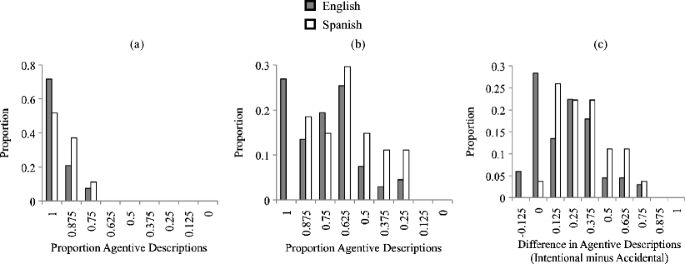
In 2008 we only had a set of analog reels that were dubs of final edited takes from digital.
#Pieces 1982 spanish version differences pro
When I put them in Pro Tools that's when I realized we had more tapes then last time. It wasn't a detailed list, but I knew I wanted the 1/2" tapes. Paramount has a preservation project going on so all of the tapes had already been transferred and it was a matter of looking at a spreadsheet and asking for specific barcodes. “I did not know about the new tapes when the project started. It's a combination of the Main Title and the End Title, with some internal changes. The "Theme of Star Trek II (Edited End Title)” was the second track on the 45 R.P.M.“Wild Orchestra" is a 90-second improvised piece consisting of a first half of whistling plastic tubes (also called "Whirly Tubes") and a second half of eerie colors created by brass, percussion and bass.This version therefore does not have the final orchestral flourishes featuring Spock’s theme included in the final version recorded during the additional sessions in May 1982. We also find the first version recorded in April 1982 of "Epilogue/End Title", made before the addition of the scene with Spock's coffin on Genesis.The bagpipe has been pitch shifted digitally to be in tune with the orchestra. The second alternative version of the song "Amazing Grace" concerns this time only the bagpipes part.This is not the case in this alternative version. And the return of the orchestra is three seconds later than in the original version where, for reasons of synchronization with the image, the bagpipes melody was truncated. Its orchestral part is one semitone higher than the original version. A first alternative version of the song "Amazing Grace".The alternative version of "Buried Alive" presents another take of the piece: micro-variations in the tempo and the entry of the brass, probably due to the absence of click track, a piano a little more sustained during the tutti, and especially a repetition in the last seconds of the harmonic progression of the tutti but this time with the low brass and the energy of the strings that dissipates.

And in fact, take 47 was the only version archived on the tapes used in 2009 for the Retrograde release, meaning the film version debuts on this release. The film and disc 1 use take 46 while the 1982 album was going to use 47.

"Project Genesis" by Craig Huxley is placed as a bonus on the second CD, instead of placing it in the middle of the Horner material as the 2009 album did.This avoids confusion with the track "Spock" while expressing the composer's desire to set the relationship between the two characters to music. The track "Spock (Dies)" on the 2009 edition becomes "Spock and Kirk" on the 2021 edition.Here is an overview of the important differences between this new La-La Land album and its predecessors. If you want to know more about the genesis of this score, we suggest you follow this link to read two articles published in Starlog and Cinefantastique magazines at the time of the release of the film.

We are not going to recall here the many stories behind this soundtrack: the listening of the demo tapes that led Nicholas Meyer and Robert Sallin to choose James Horner, the lack of budget, the search for a new musical color, the friendship between James Horner and Nicholas Meyer, the cameo of the composer in the film, the musical requests of the director, the delay of some special effects that made the composition of some scenes difficult, the extra sessions to answer new scenes….


 0 kommentar(er)
0 kommentar(er)
